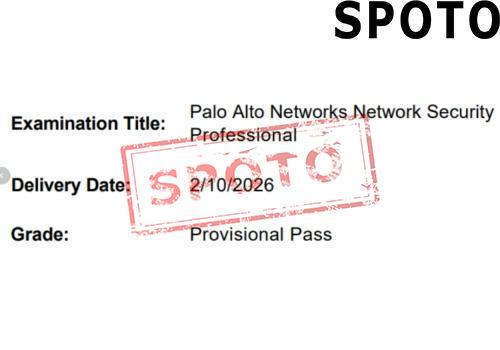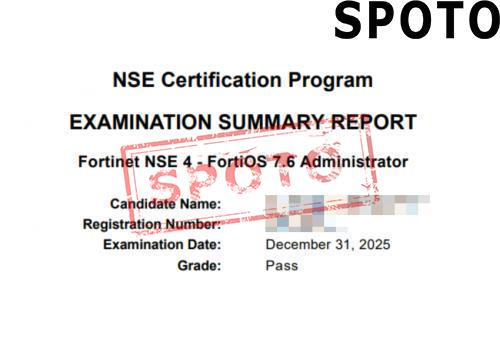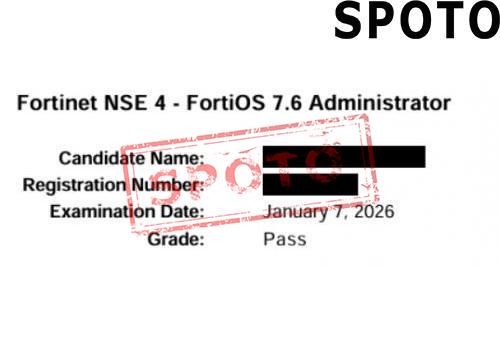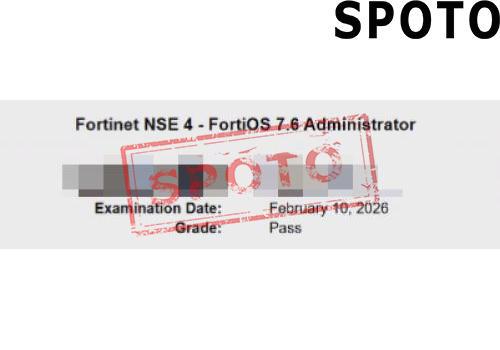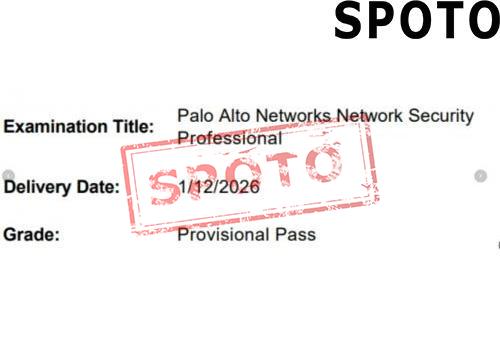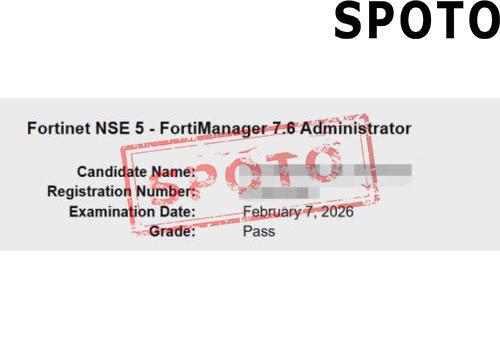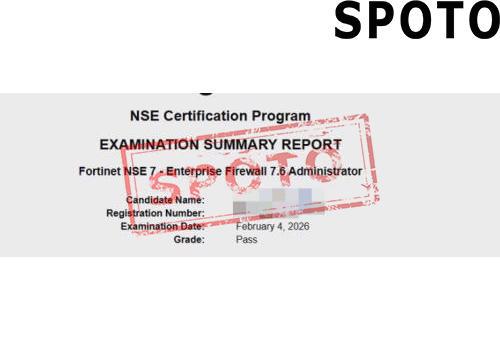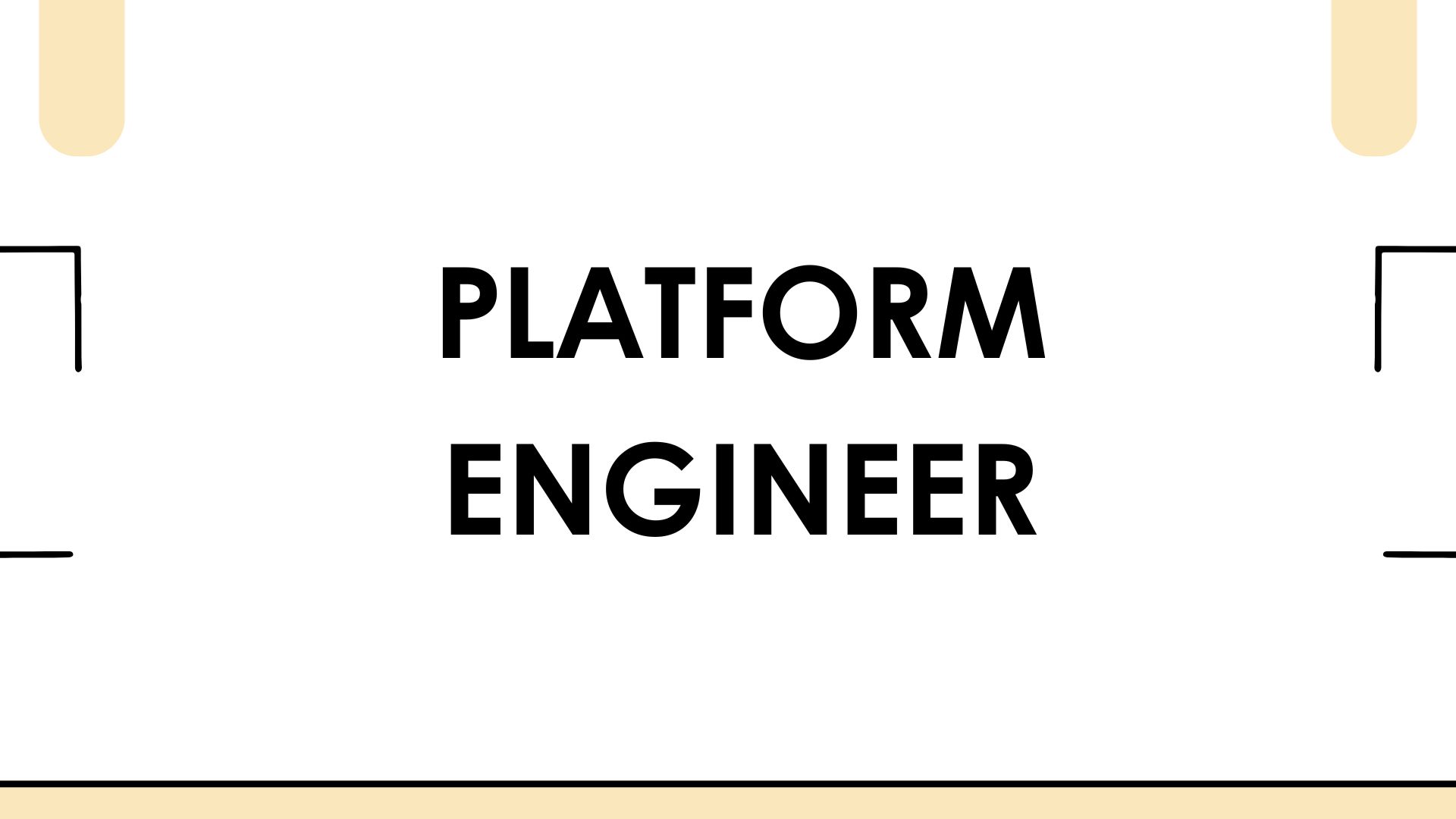
Table of Contents
Platform Engineer refers to a professional technician who designs, organizes, builds and maintains the platform or tools used by internal personnel of an enterprise or organization to improve the overall production efficiency of the enterprise.This article will introduce you to what a Platform Engineer is, the career information and prospects of a Platform Engineer and the necessary conditions to become a Platform Engineer.
1. What is a Platform Engineer?
Platform Engineer refers to a professional technician who designs, organizes, builds and maintains the platform or tools used by internal personnel of an enterprise or organization to improve the overall production efficiency of the enterprise.
2. What does a Platform Engineer do?
The work of a platform engineer is mainly to create the most powerful IDP for developers, and the work covers the field of DevOps. Specifically, they need to set up and optimize CI/CD pipelines to create new APIs, CLIs, web applications, and other interfaces for developers. Secondly, managing the test workflow and monitoring the deployment environment to identify problems is also one of their main work contents, and they also need to write documents to record and quantify the work. In addition, understanding market trends and the latest technological developments is also an objective requirement of the position. Therefore, platform engineers need to actively communicate and cooperate with platform developers and operators to understand the latest technologies and market needs, so as to facilitate the creation of tools and platform components for customers based on this. Finally, regular monitoring and iteration are also key parts of the platform engineer's work. Continuous maintenance is essential to ensure that the IDP is regularly updated and iterated as developer and product needs change.
3. Career Insights: Salary, Outlook & Related Roles
(1) Platform Engineer Salary
According to ZipRecruiter, the average hourly wage for a Platform Engineer in the United States is $63.95 as of May 22, 2026. Hourly wages can be as high as $94.95 and as low as $33.17, but most Platform Engineer salaries currently range from $50.48 to $73.80 across the United States. The average salary range for a Platform Engineer varies widely (up to 23 percentage points), which means there may be many opportunities for advancement and increased pay for a Platform Engineer based on skill level, location, and years of experience.
(2) Job Outlook of Platform Engineer
According to the U.S. Bureau of Labor Statistics, the overall employment of software developers, quality assurance analysts, and testers is expected to grow by 17% from 2023 to 2033, which is much higher than the average for all occupations. It is expected that the number of job openings for software developers, quality assurance analysts, and testers will average about 140,100 per year over the next decade. Many of these job openings are expected to be filled by people who change careers or exit the labor market (e.g., retire). Therefore, as one of the positions in the field of software development, the employment prospects of platform engineers are bright.
(3) Similar Occupations
- DevOps Engineer
- Site Reliability Engineer (SRE)
- Infrastructure Engineer
- Cloud Engineer
- Build and Release Engineer
- Systems Engineer
- Automation Engineer
- Developer Experience (DevEx) Engineer
- Container Platform Engineer
- Software Engineer
4. What Are the Qualifications to Become a Platform Engineer?
(1) Obtain a Bachelor's Degree
In the job search process, employers tend to recruit candidates with relevant majors. The degree requirements for platform engineers are usually a bachelor's degree in computer science, software engineering, information technology or related fields. Of course, a higher degree can help career development.
(2) Develop professional skills
Platform engineers, like other IT technicians, need to be familiar with mainstream development methods, such as programming languages and technologies such as R, to ensure that they can identify where problems may occur in the platform or system. Secondly, platform engineers need to understand CI/CD pipeline concepts and technologies so that they can optimally automate operations in IDP, and they also need to update their CI/CD pipeline concepts and technologies based on the continuous development of technology. Furthermore, platform engineers also need to have cloud-native operation and maintenance experience. With the continuous development and application of cloud technology, platform engineering is combined with cloud-native operation and maintenance methods, including containers, serverless, and infrastructure as code (IaC), so it will be very helpful to understand these technologies and how to use them in IDP.
(3) Earn Industry Certifications
Obtaining a certification that is highly recognized by the industry can prove your professional ability and ability to perform the position, and can also enhance your competitiveness in the workplace. Therefore, we recommend that you obtain the DevNet Expert certification, on the one hand because Cisco certification enjoys a high degree of recognition in this field, and on the other hand because this certification can prove that you have the ability to design and develop advanced network automation solutions throughout the network life cycle from concept and deployment to operation and optimization.
